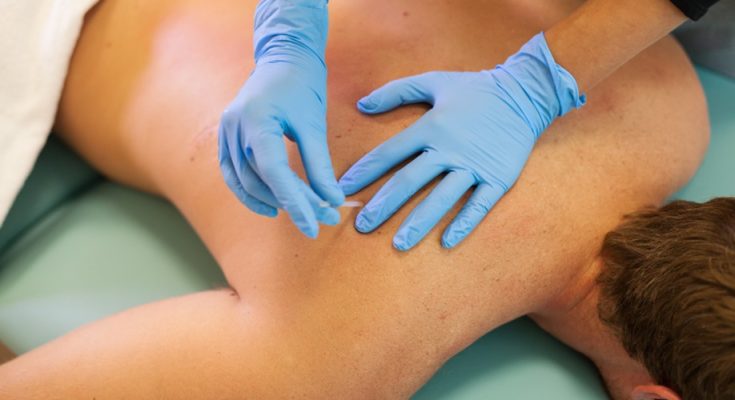Acupuncture has expanded to include specialized methods like acupuncture injection therapy in Davie, tailored to address specific health needs. Though both traditional acupuncture and injection therapy share foundational principles related to Qi or energy flow, they differ in tools, methods, and specific applications. Understanding these differences can help patients make informed choices based on individual health goals.
Understanding Traditional Acupuncture
Traditional acupuncture involves the use of thin, sterile needles placed into precise points along the body’s meridians or energy pathways. This approach aims to restore balance to the body’s energy flow, helping to manage issues such as chronic pain, stress, and digestive problems. By stimulating these points, the body releases endorphins and other natural chemicals, resulting in pain relief and a sense of well-being. Traditional acupuncture is a popular choice for those seeking holistic health benefits and long-term wellness.
Benefits of Traditional Acupuncture
Traditional acupuncture offers several therapeutic benefits:
- Relief from chronic pain, including migraines and back pain
- Reduction in stress and mental health support
- Improved digestive health
- Relief from allergy and respiratory issues
These benefits arise from the body’s natural response to the stimulation of acupuncture points, promoting whole-body wellness.
What Is Acupuncture Injection Therapy?
Acupuncture injection therapy blends traditional acupuncture principles with modern medicine. In this method, sterile substances—such as saline, vitamins, homeopathic solutions, or herbal extracts—are injected into specific acupuncture points. This approach allows acupuncture injection therapy to combine the energetic effects of acupuncture with the therapeutic benefits of injected substances, which can be especially effective for injury recovery and pain management.
For further details on how this therapy aids in recovery, particularly for athletes, refer to this blog.
Benefits of Acupuncture Injection Therapy
This specialized technique provides several unique benefits:
- Faster recovery for sports injuries and muscle strain
- Targeted pain relief for chronic and acute conditions
- Enhanced immune support with nutrient-rich injections
- Additional therapeutic effects from injected vitamins and herbal solutions
Key Differences Between Acupuncture Injection Therapy and Traditional Acupuncture
While both therapies stimulate acupuncture points, they differ significantly in tools, treatment focus, and outcomes.
Technique and Tools
Traditional acupuncture relies solely on needles to stimulate energy points. In contrast, acupuncture injection therapy combines needling with the injection of medicinal solutions, blending traditional energy-balancing acupuncture with the added effects of nutrients, herbs, or homeopathic remedies.
Treatment Goals
Traditional acupuncture is generally recommended for holistic healing, focusing on balancing the body’s energy for both physical and emotional health. Acupuncture injection therapy, however, is applied for more localized relief, offering quicker recovery from muscle or joint pain, which is especially beneficial for athletes or physically active individuals.
Duration and Effectiveness
Traditional acupuncture often requires multiple sessions to achieve noticeable results, as it aligns with the body’s natural healing processes over time. Many individuals wonder how long does it take for acupuncture to work? While the timeline varies, several treatments may be necessary to experience the full benefits. For more insights on the expected timeframe, explore this comprehensive blog. On the other hand, acupuncture injection therapy often delivers quicker relief, as the injected substances directly and rapidly target specific areas.
Conclusion
The choice between traditional acupuncture and acupuncture injection therapy depends on health goals, specific conditions, and individual treatment preferences. Traditional acupuncture is an ideal choice for those seeking a comprehensive healing approach that addresses both physical and emotional well-being. Acupuncture injection therapy, on the other hand, is well-suited for individuals needing localized relief, such as athletes or those managing chronic pain.
Both traditional acupuncture and acupuncture injection therapy offer effective routes to wellness, each with unique benefits and approaches. By understanding these differences, patients can make informed decisions to support their health and personal care goals effectively.




